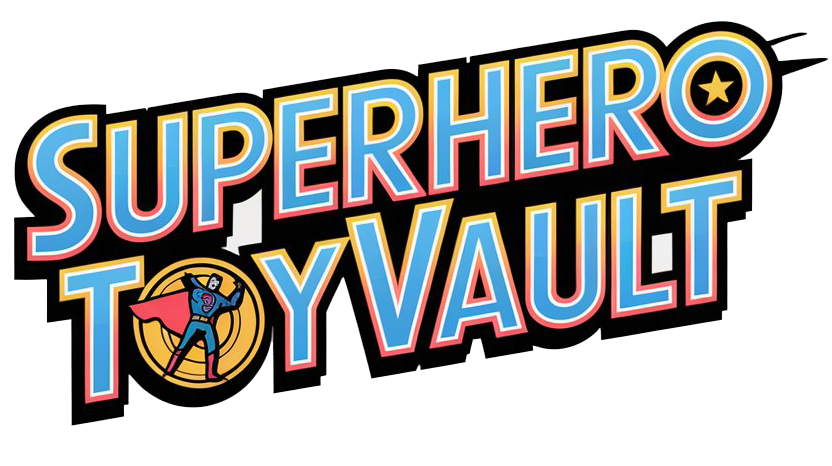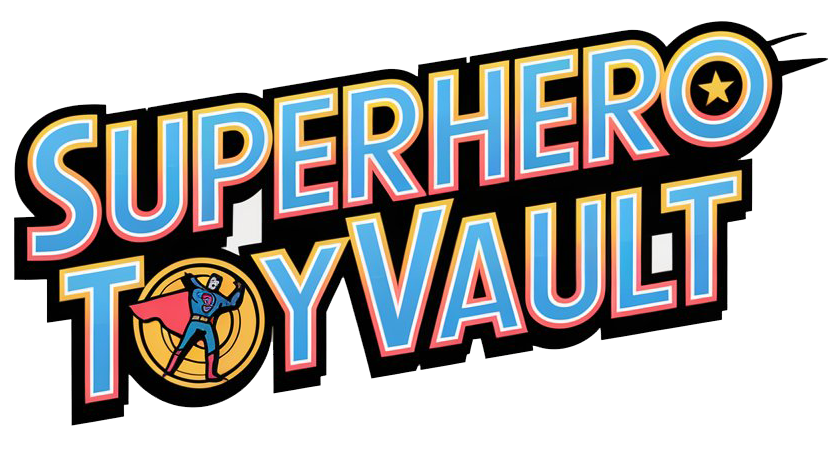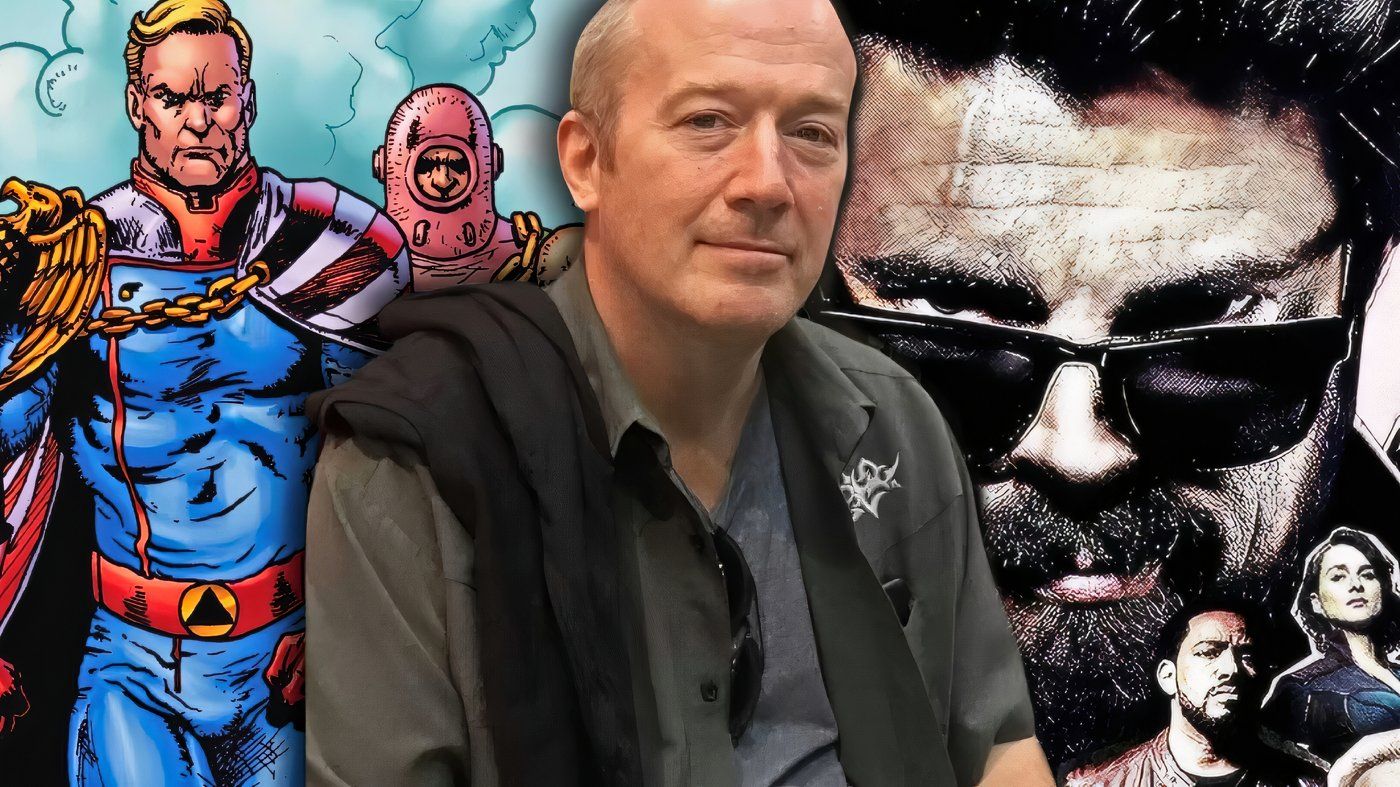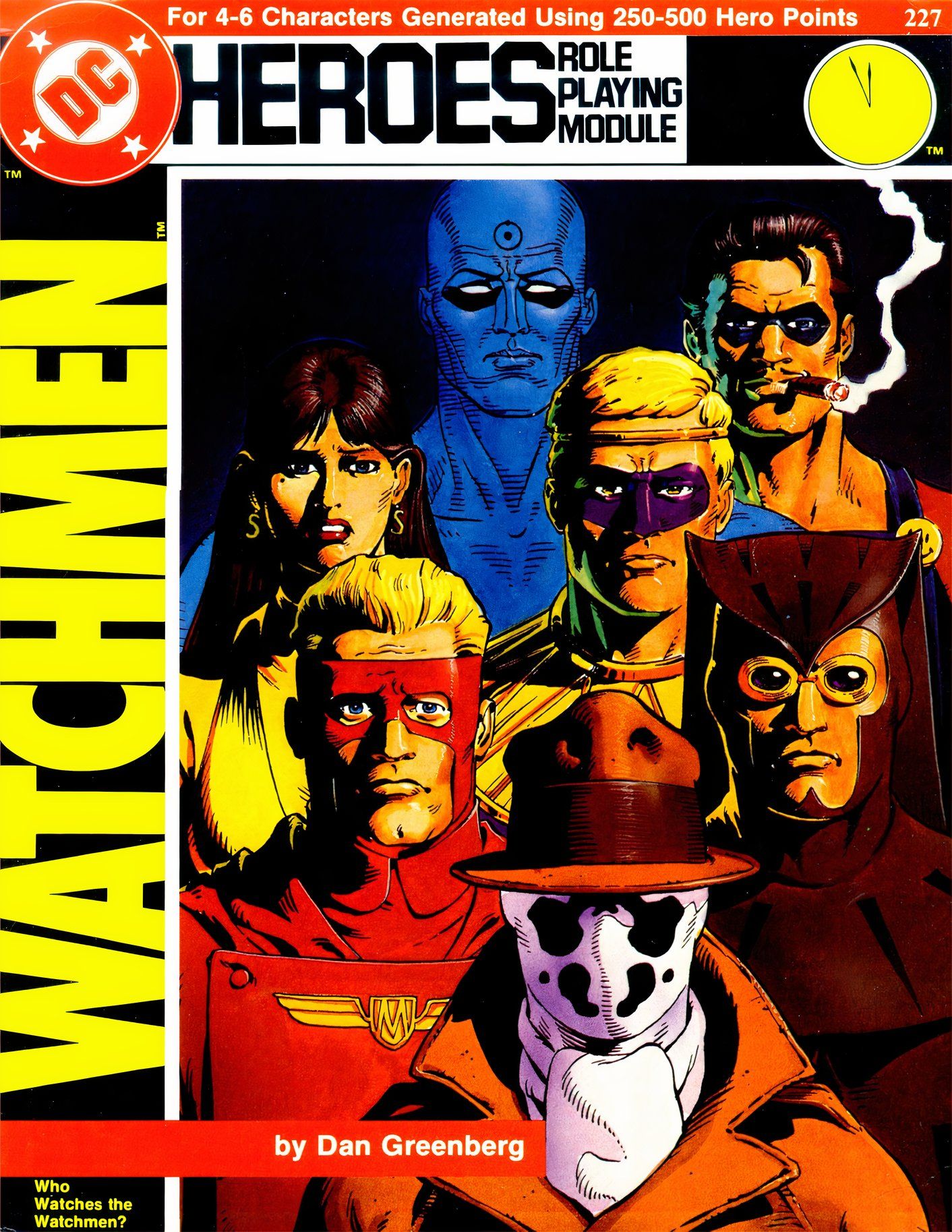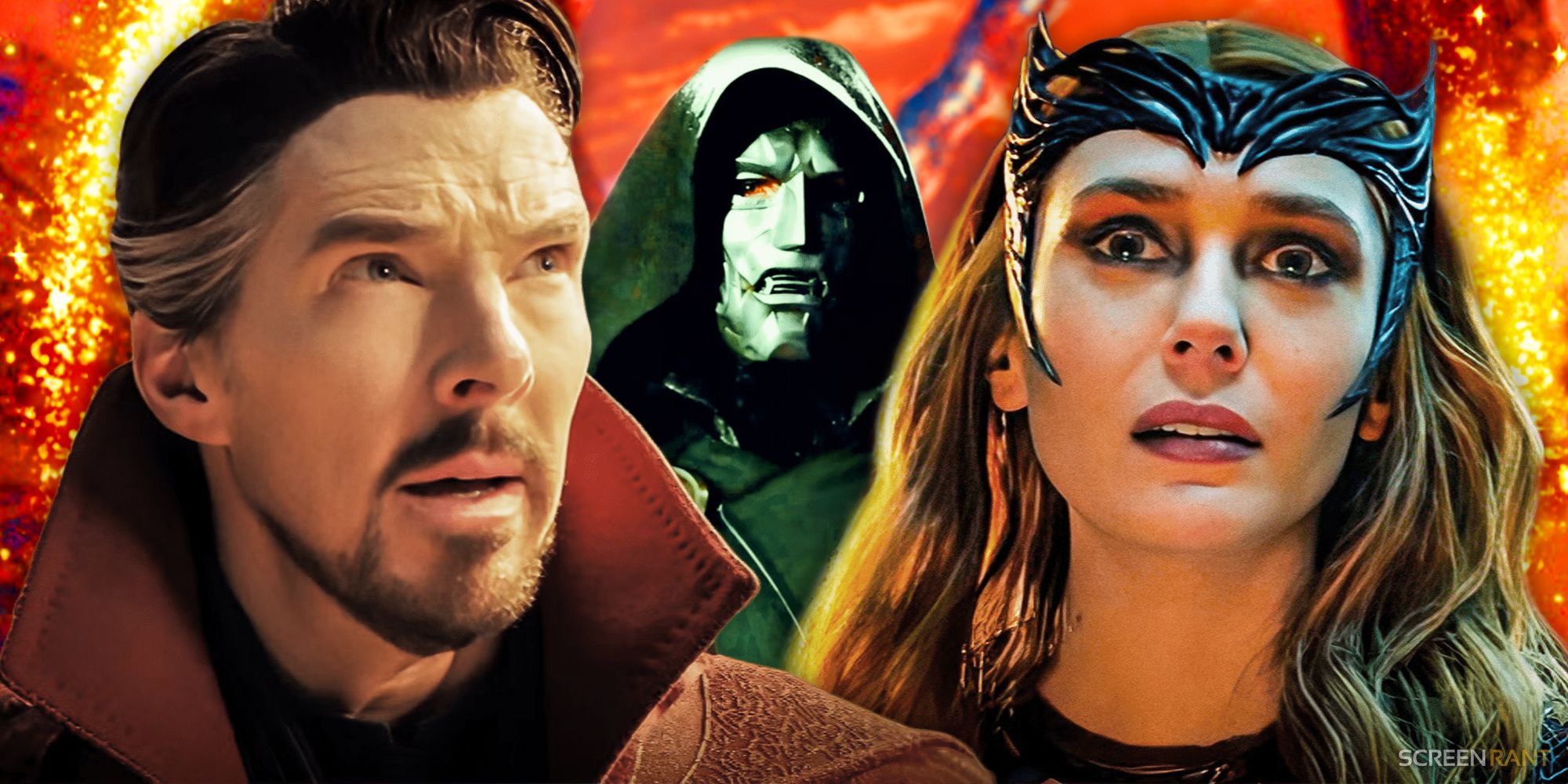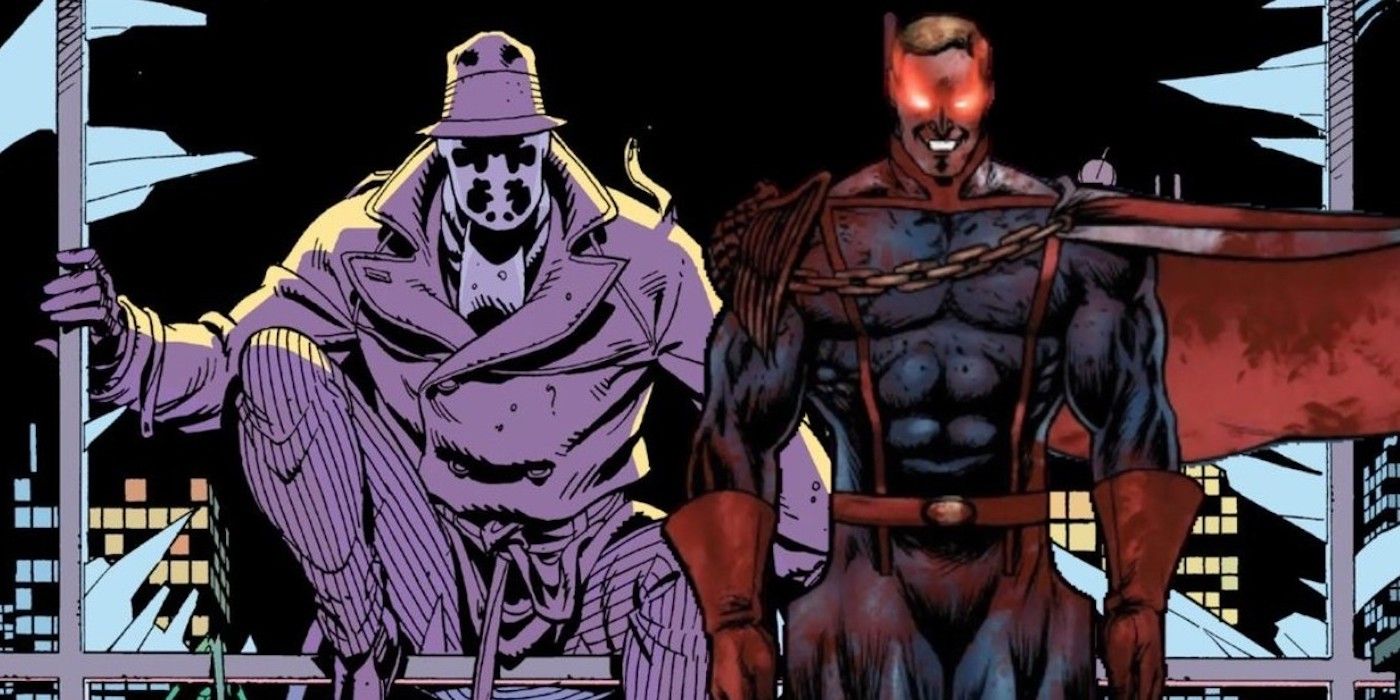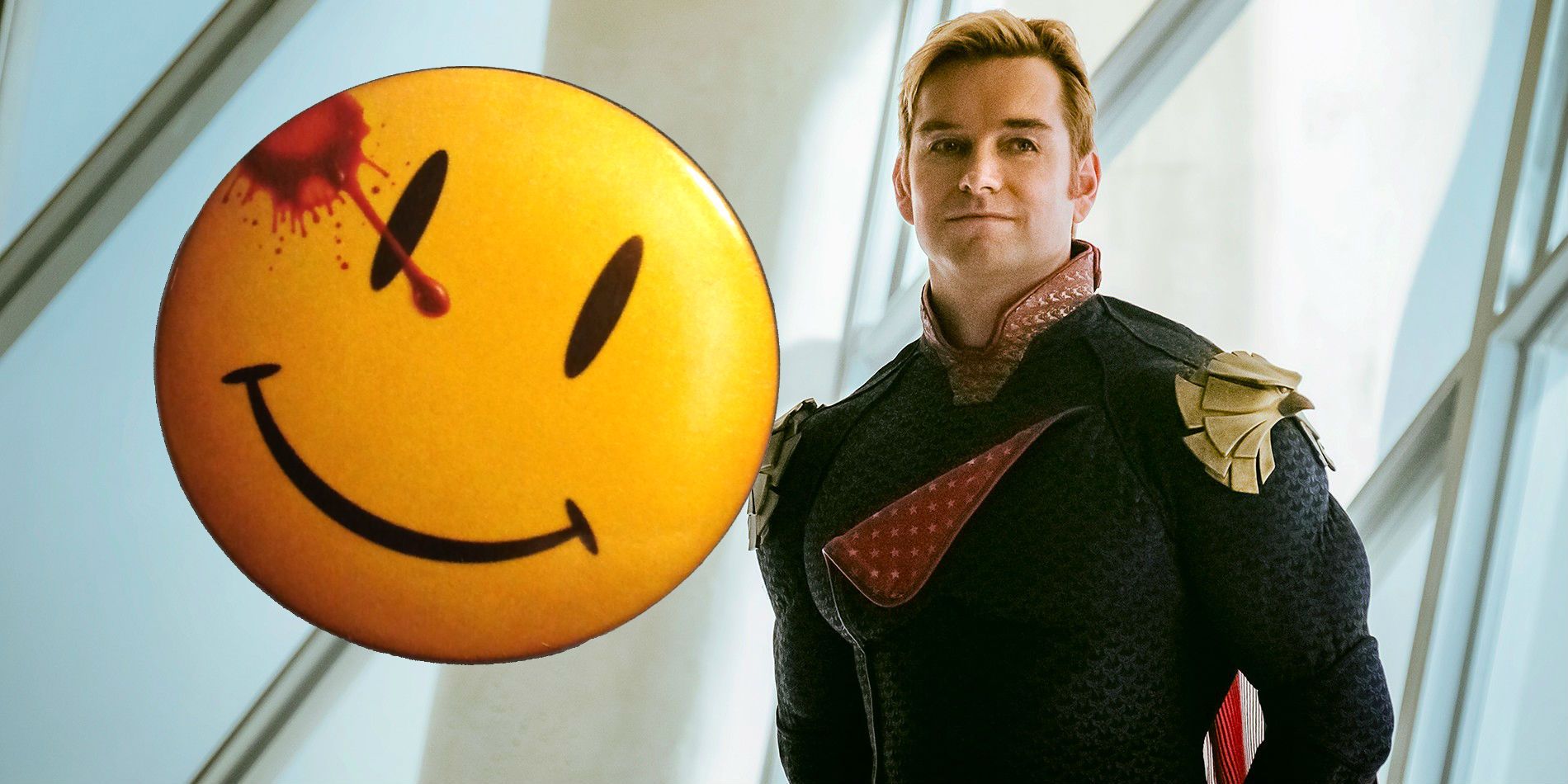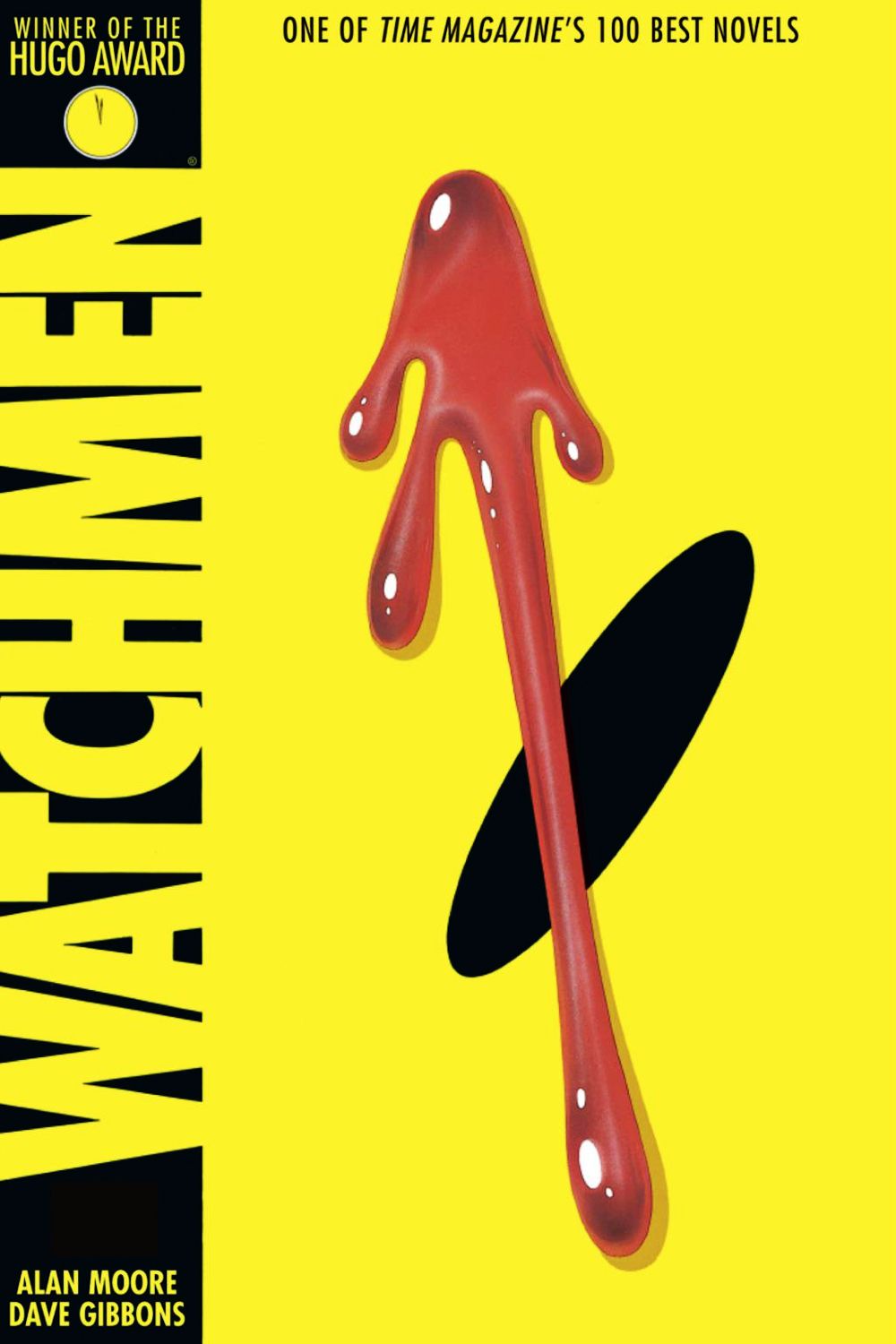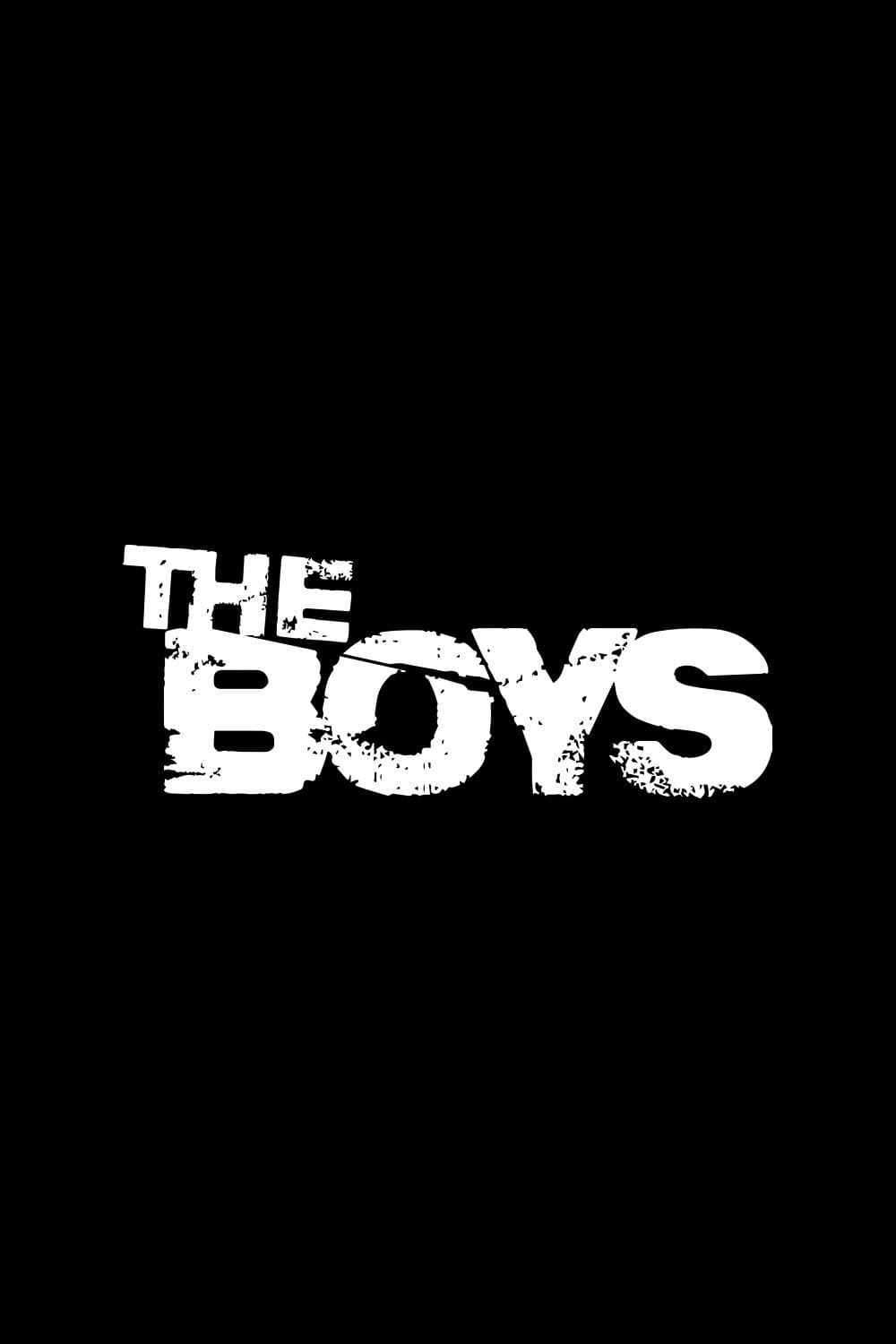Though The Boys has become the most iconic and definitive parody of modern superhero stories, there was a time when Watchmen held that title. Watchmen redefined the superhero genre, taking it from traditional capes and tights to gritty realism. Now, Garth Ennis, co-creator of The Boys, has spoken out, claiming that Watchmen’s true message was lost on its fans, and that The Boys carries its torch forward.
Written by Ennis and drawn by Darick Robertson, The Boys reimagines the superhero genre with a dark, satirical approach. Ennis has always been vocal about his views on superheroes, including his opinion that Watchmen by Alan Moore and Dave Gibbons should have marked the end of the superhero genre in comics, as he explains in an interview with CBS:
Alan Moore’s work on “Watchmen” and “Miracleman” — that should have written the end of the superhero. But they’ve essentially been shoved off to the side and superheroes have continued like a juggernaut. I don’t really read a lot of comic books and it’s because of that domination of the superhero.
Ennis’s statement seems well-supported. The genre has evolved since Watchmen’s debut, and his work on The Boys offers commentary on the current state of superhero media. However, the success of The Boys seems to indicate that shared themes certainly resonate with fans now.
Why Garth Ennis, Creator of The Boys, Thinks That Watchmen Has Been Misunderstood
How Fans Missed the Point
In the interview, Ennis stated that Watchmen was intended to be the end of the superhero genre, which makes sense. The story deconstructs the superhero myth, which should have marked the closure of an era where costumed heroes fought crime in simplistic, black-and-white terms. It’s safe to say that Watchmen’s deeper message about the darker side of heroes has been overlooked by fans and creators alike. In many ways, the rise of the MCU and the over-saturation of the superhero in popular culture has romanticized the very ideals that Watchmen was trying to question.
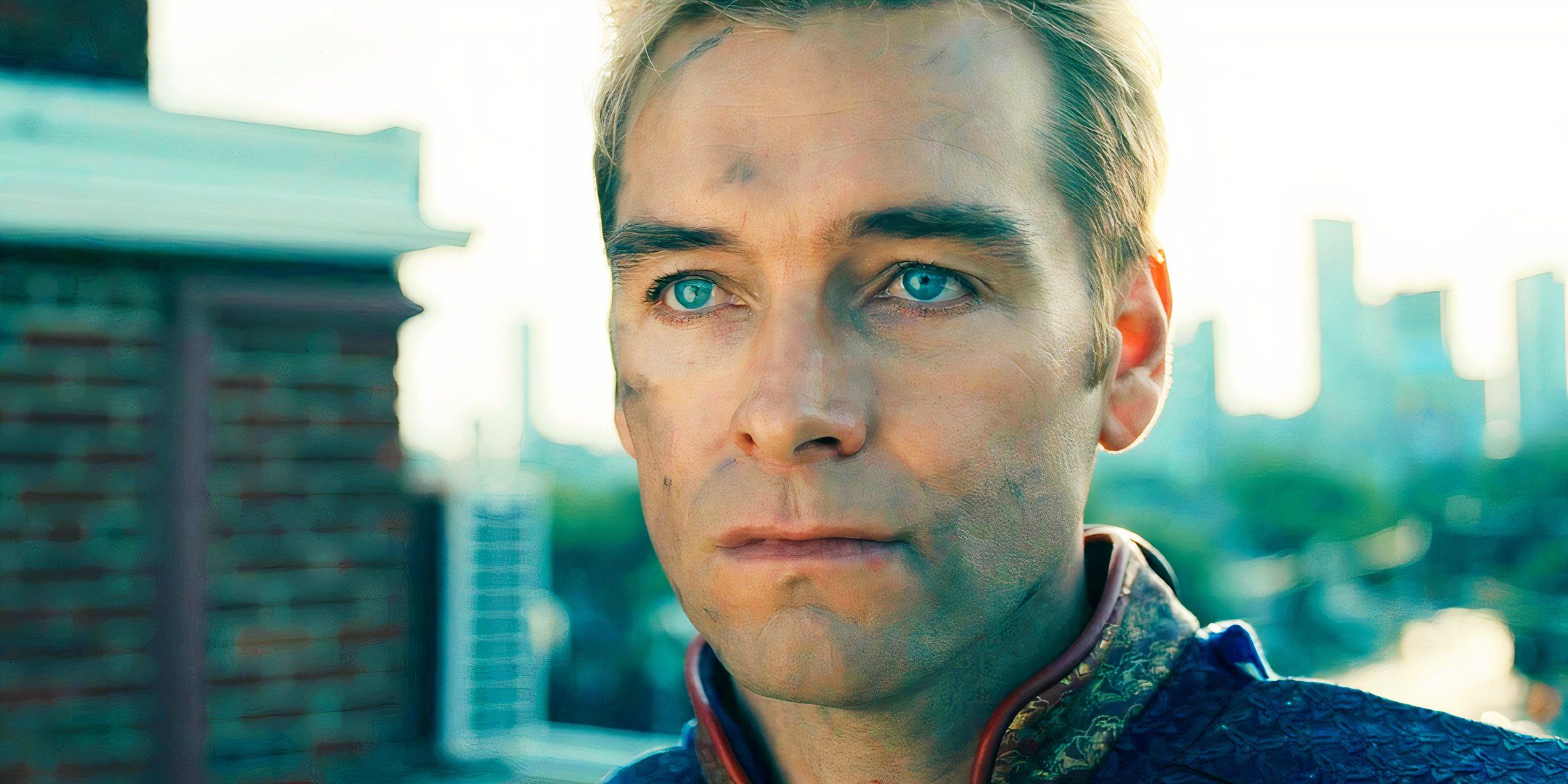
Related
A New Look At Homelander In The Boys’ Final Season Shared By Actor Anthony Starr In BTS Image
Antony Starr takes to social media to share a new look at Homelander in The Boys season 5, which will serve as the Prime Video show’s last.
The superhero genre, as it exists today, has wholly disregarded Watchmen’s cynical view of the world. Watchmen was never meant to glorify superheroes but to challenge the audience’s perception of them. By using flawed, morally ambiguous characters like Rorschach and the Comedian, Moore and Gibbons painted a picture of heroes who are as dangerous as the villains they battle. Modern superhero stories, especially the A-list celebrities in the MCU, have failed to truly grasp this message, turning heroes into idealized figures once again.
Watchmen Was a Parody of Superheroes, Not a Celebration
Deconstructing the Superhero Mythos
When Watchmen was first released, it turned the traditional superhero narrative on its head. Instead of portraying heroes as paragons of virtue, it depicted them as complex, often deeply flawed individuals. This was a stark departure from the shiny, optimistic portrayals of superheroes that dominated comics before the mid-1980s. Watchmen is a commentary on the power structures behind superheroes, and in turn a commentary on the power structures behind them. It showed the failings of those with god-complexes and how easily the role of a superhero could be abused.
The story was a direct response to the rise of mainstream superhero comics, which often focused on heroism as an almost unassailable force for good. Moore and Gibbons’ characters, such as the aging, disillusioned vigilante Rorschach and the omnipotent Dr. Manhattan, offered much grittier, more realistic looks at what it would mean for people with godlike powers to exist in the real world. While many fans of Watchmen continue to focus on the tragic elements of these characters, Ennis feels the broader deconstructionist themes are often ignored in favor of romanticizing these flawed heroes.
Is the Misrepresentation of Watchmen in Pop Culture the Fault of Fans?
Or Is It Something Else?
While it may seem like audiences may be the ones who misunderstood Watchmen’s messaging, one could just as easily argue that the ones facilitating the rise of the contemporary superhero are just as guilty. Most 21st-century superhero films present heroes as self-righteous and above reproach, failing to question the power dynamics that Watchmen so carefully explored. Fans have been forced to cling to a sanitized, nostalgic vision of what superheroes should be, because it’s all they’ve been given, outside of series like The Boys.
The Boys is, in many ways, a necessary continuation of this conversation.
More recent works like Avengers: Endgame and The Flash are prime examples of this universal glorification of superheroes. While they touch on complex themes, such as sacrifice and heroism, they do so without ever fully addressing the potential dangers of unchecked power. In contrast, Watchmen and The Boys continually warn their audience to question the “heroes'” sinister morality and addiction to power. The recent hyper-dramatic, spectacle-heavy films often skip over the darker implications of heroism, which is exactly the point that Watchmen was making in 1986. The Boys is, in many ways, a necessary continuation of this conversation.
The Boys Is Arguably a Contemporary Version of Watchmen
How The Boys Carries Watchmen’s Vision Forward in the 21st Century
The Boys has become the contemporary equivalent of Watchmen, taking its satirical, deconstructive approach to the superhero genre and pushing it further into the contemporary landscape. While Watchmen exposed the rot beneath superheroes’ capes, The Boys explores what happens when those heroes are given unchecked power and a massive god-complex. The result is a violent, chaotic world where the line between hero and villain is blurred beyond recognition.
Where Watchmen was subtle in its critique, The Boys is anything but. The series takes a much more direct approach, often using over-the-top violence and dark humor to underscore the corruption at the heart of its heroes. In both cases, the message is the same: absolute power corrupts absolutely. Their superheroic depictions are a much more honest look at the human side of being super. The sharp, irreverent tone of The Boys serves as a modern commentary on the state of superhero media, continuing the work Watchmen began decades ago.
The Boys Reveals Exactly What Watchmen Was Really Trying to Say
A Testament to the Power of Parody
The ongoing success of The Boys both as a comic and as a TV series highlights the relevance of Watchmen’s themes, which have only grown more pertinent in a world increasingly dominated by superhero media. While Watchmen was about revealing the truth behind the capes and masks, The Boys amplifies that message, presenting us with a world where the superpowers are corrupt, self-interested, and often downright evil. In that way, The Boys’ endless attempt at killing Homelander is a perfect metaphor for how this dated idea of superheroes manages to persist.
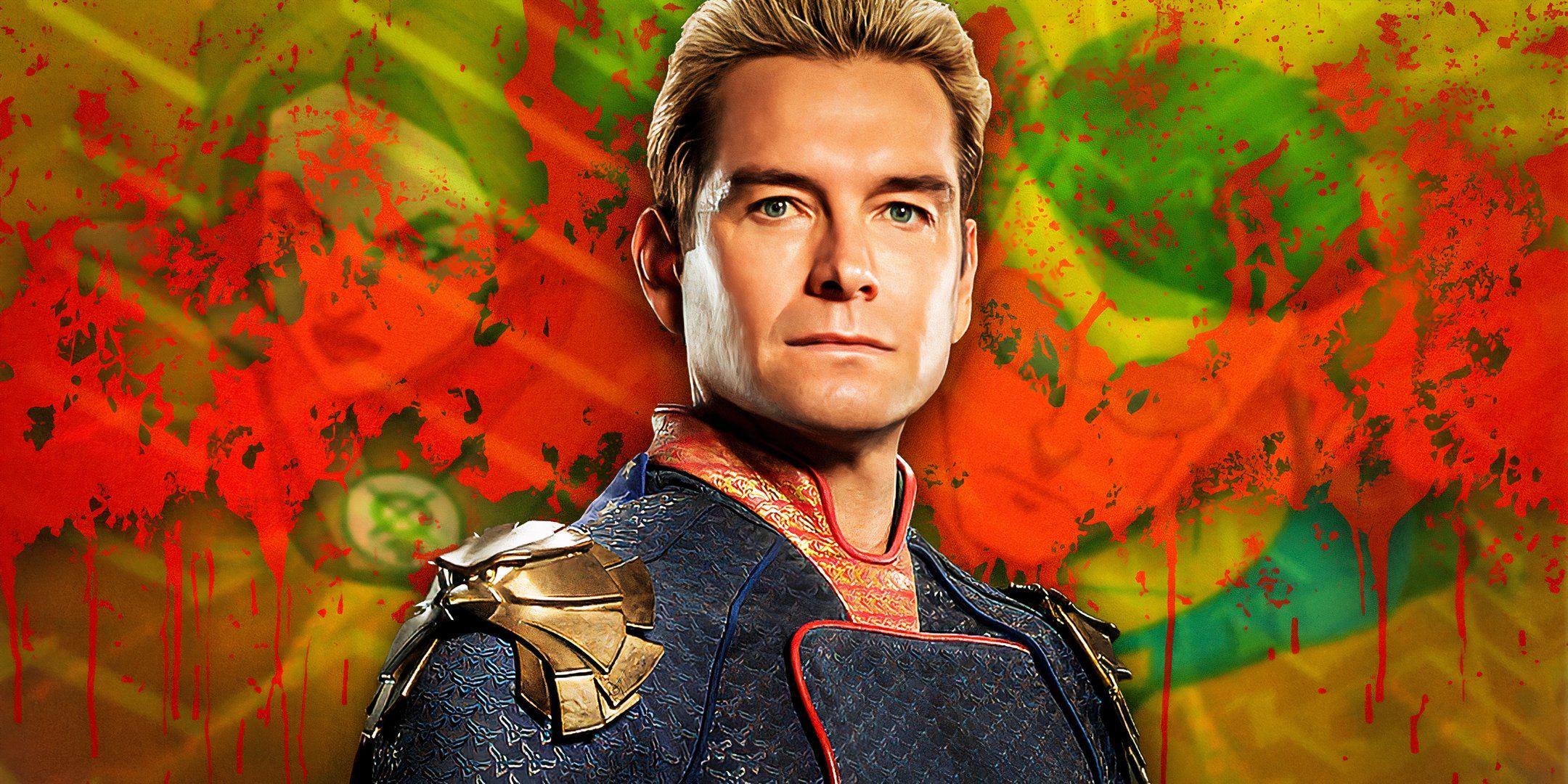
Related
While Waiting For The Boys Season 5, Watch Prime Video’s Other Anti-Superhero Show Streaming Season 3 Now
The highly anticipated fifth season of The Boys is still a long way away, but while waiting for new episodes, fans can watch a similar series.
In the end, The Boys stands as both a tribute to and a continuation of the themes Watchmen established. While the original comic may have been a dark, satirical look at superheroes, The Boys takes that critique to new, often absurdly exaggerated heights. It serves as a reminder that the most effective parody is not one that merely mocks but points out the inherent flaws in the system it critiques. It’s yet to be seen if The Boys will have a better shot at delivering the shared messages between the two series. Still, if history is any indication, its message is bound to be lost in the superhero franchise machine, just like Watchmen.
The Boys is available now from Dynamite. Watchmen is available now from DC Comics.
Source: CBS

Watchmen
In the mid-eighties, Alan Moore and Dave Gibbons created Watchmen, changing the course of comics’ history and essentially remaking how popular culture perceived the genre. Popularly cited as the point where comics came of age, Watchmen’s sophisticated take on superheroes has been universally acclaimed for its psychological depth and realism.

The Boys
The Boys franchise is a satirical and dark superhero series based on the comic book by Garth Ennis and Darick Robertson. It explores a world where superheroes, or “Supes,” are corrupt, violent, and morally bankrupt, all controlled by the powerful corporation Vought International. The story centers around two opposing groups: The Boys, a vigilante team aiming to expose and defeat the corrupt heroes, and The Seven, Vought’s elite team of Supes led by the ruthless Homelander.
